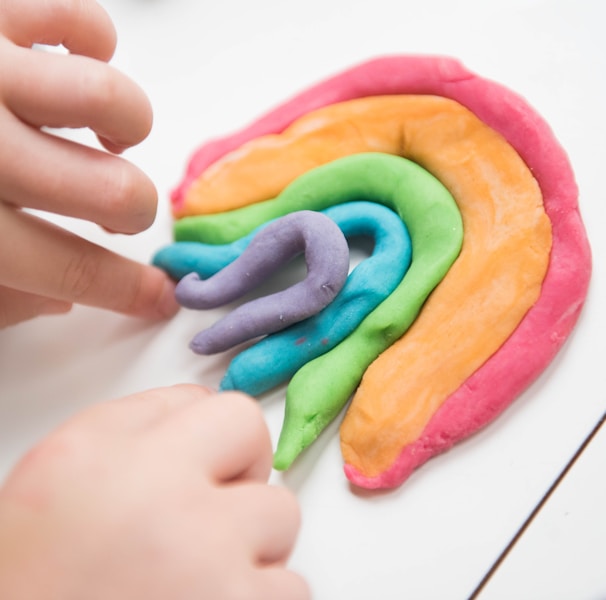What is Behaviour Therapy?
Positive Behaviour Support is based in Applied Behaviour Analysis (ABA), the science of human behaviour and learning. Behaviour is everything we do! ABA-based interventions have a large evidence base supporting their effectiveness, especially for individuals with developmental disabilities.
Functional behaviour assessment is a process that helps us understand why behaviours are occurring. In the case of behaviours of concern, we can then identify changes we can make in the environment and our interactions to better support the individual. This process also helps us identify skills we can teach to help that person get their needs met and develop independence.
When teaching new skills, we break things down into small steps, set the client up for success, use individualised and effective teaching styles, collect data to monitor progress, and make sure the learner receives positive reinforcement for all their hard work along the way. Sometimes, this reinforcement may be a dose of something they love, such as a favourite game, a toy, or a silly social interaction. At other times, we try to offer everything they love all at once to allow the child to be happy, relaxed, and engaged in their learning. Alongside extrinsic rewards, I always work towards helping learners and their families identify their values and intrinsic motivation to do 'the hard work.'
There are several different ways to provide therapy using the principles of ABA. As a science, we are always evolving and introducing new teaching styles as we learn to do better for the people we serve.
To learn more about behavioural interventions, the NDIA provides an overview here.


My Approach
I am passionate about listening to the experiences of others and ensuring that the empirically-supported interventions I select are trauma-informed, client-led, and uphold the rights of individuals with disabilities. I always aim for my approaches to be neurodiversity-affirming. My primary focus of any intervention is to improve the quality of life for learners and their families.
Before working directly with a child, I get to know the caregivers and take the time to understand their values and goals. When I start working with the client, I do the same. Of course, this looks a little different for everyone.
While my approach varies to meet the needs of the individual, my process is primarily play-based. After developing a connection with the individual, I identify opportunities for skill development within their interests. For younger learners, the "work" is often hidden within play activities. But don't worry, I save time for true child-led play as well. At times, more structure is incorporated into sessions to meet relevant goals.
With tweens, teens, and young adults, therapy goals often focus on social/emotional learning and daily living skills. I still target goals through gameplay, however, sessions may also involve more structured lessons to target concepts for social/emotional understanding. I enjoy supporting these learners to identify their own goals for growth, as this is essential for their buy-in and motivation to succeed. We usually start with small self-identified goals but often end up working towards some pretty cool longer-term goals!
I incorporate strategies from Acceptance and Commitment Therapy (ACT), also called Acceptance and Commitment Training, into all of my work. ACT is an evidence-based treatment that has theoretical foundations in behaviour analysis. It encourages us not to fight our difficult feelings but accept them as part of the process. Then, we identify strategies that help us cope with tricky moments so we can make choices consistent with our values - being the people we want to be! You can read about how my values are integrated within my therapy approach here.




I commit to serving all clients to the absolute best of my ability. I abide by the the NDIS code of conduct, the Ethics Code for Behavior Analysts, and the United Nations Convention on the Rights of Persons with Disabilities (UNCRPD).
